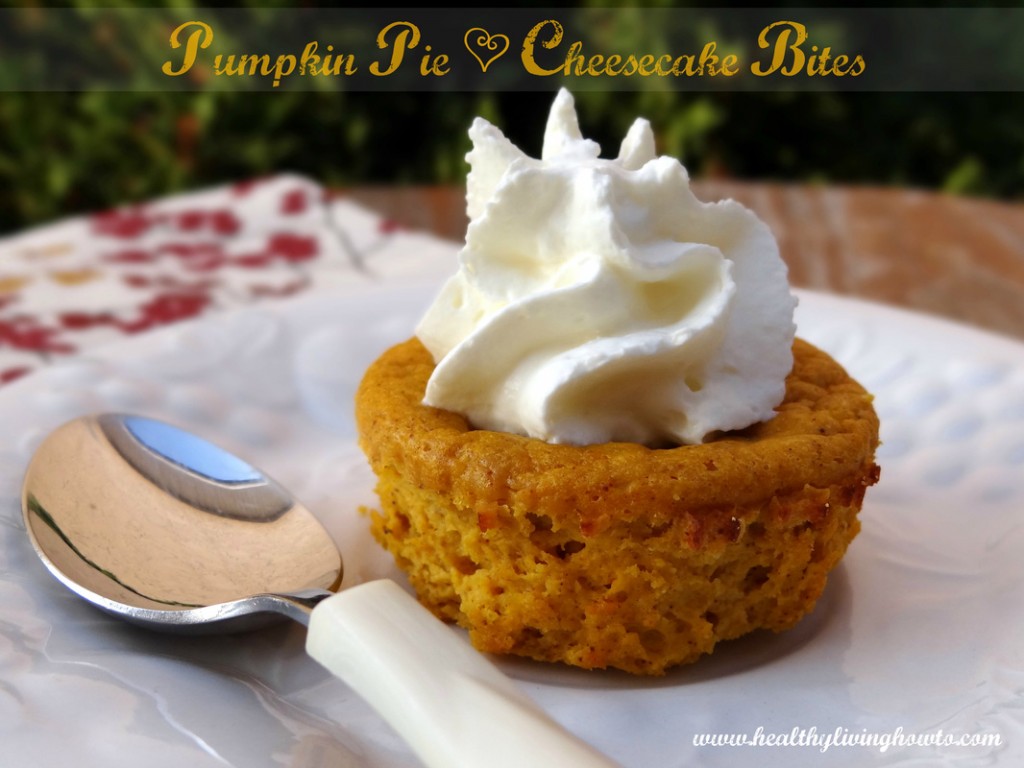Oh boy, do I have a treat for you. It's an easy recipe for healthy Pumpkin Pie Cheesecake Bites with a twist. Instead of using cream cheese made from cow's milk, I substituted soft goat's milk cheese. I know, I know, you are thinking, I thought she is allergic to dairy. However, the problematic protein, casein, which is a common culprit in dairy allergies, varies among different milking animal species.
While we oftentimes associate dairy with only cows, we also get milk from goat and sheep. Since each mammal has different protein variants in their milk, it is possible to be allergic to the milk of only one animal. Before getting to this yummy recipe, let's discuss goat's milk, shall we?
What's So Good About Goat's Milk?
Casein
Casein is a protein variant found in all milk. Oftentimes, people with dairy allergies, have difficulty with the alpha S1 casein found in cow's milk. Studies have found that goat's milk is very low in alpha S1 casein and primarily contains alpha S2 casein. This is why some individuals allergic to cow's dairy can use goat's dairy without ill effects. Structurally, the casein found in goat's milk is sufficiently different from that found in cow's milk.
Lactose
For those with lactose intolerance, goat's milk is a great alternative as it is naturally lower in lactose than cow's milk. This is one of the reasons goat's milk may be easier to digest. Some research has found that the oligosaccharides present in goat's milk lends to the digestibility as does the fat composition.
Fat
The major difference between the milkfat of the goat and the cow is the percentage and distribution of specific short and medium chain fatty acids. Goat's milk has a higher proportion of these fatty acids which makes it easier to digest. Goat's milk also has a higher proportion of capric, caprylic and caproic fatty acids. These fatty acids have strong antiviral and antimicrobial properties which help combat viruses, bacteria and yeast in the gut.
Vitamins & Minerals
The vitamin and mineral content of goat's milk and cow's milk is generally similar, however, goat's milk has 13% more calcium, 25% more vitamin B6, 47% more vitamin A, a whopping 134% percent more potassium. It also has three times more niacin and four times more copper than cow's milk. Goat's milk also contains 27% more of the antioxidant selenium than cow's milk. Finally, goat's milk contains higher levels of the serotonin precursor, tryptophan.
Don't be fooled by the whipped topping! This bite is topped with dairy-free whipped cream. Another delicious option would be to top with a tangy unsweetened goat yogurt.
Makes: 18
Ingredients
- 8 oz. Soft Goat Cheese, Room Temperature
- 5 Large Organic Eggs
- 15 oz. Pumpkin Puree
- 1/2 c. Granulated Sweetener — for sugar-free I recommend Swerve or Birch Xylitol
- 1 Tbsp. Pumpkin Pie Spice
- 1 tsp. Vanilla Extract
Directions
- In a mixing bowl, with electric beaters on medium, mix together 2 eggs and goat cheese, until creamy.
- Add in pumpkin, sweetener, spice and extract and mix until smooth.
- To the mixture add remaining eggs and beat on low until just combined.
- Line regular size muffin tins with non-stick liners and fill with scant 1/4 c. of mixture.
- Bake at 350° F for 35 minutes.
- Let cool on rack then refrigerate 8 hours or overnight.
Recipe Notes
Although the package wasn't labelled as such, the goat cheese I used is often called “chevre”. It is soft and crumbly without a rind. You can see it in the picture above. I recently discovered these fabulous unbleached non-stick muffin/cupcake liners. They really truly are non-stick. If you can wait long enough, these pumpkin pie cheesecake bites are best after chilling in the refrigerator.

